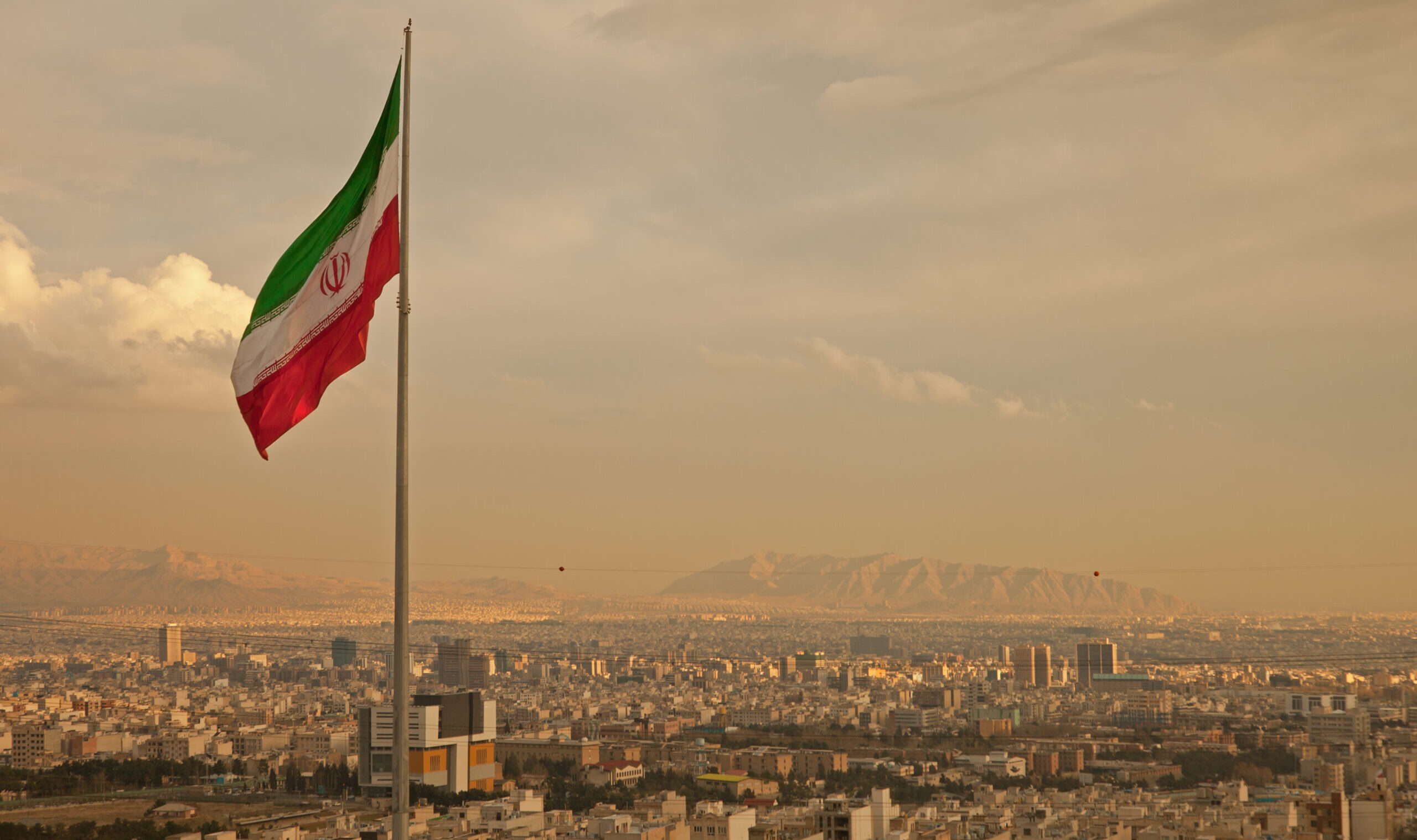
By this time next week, the U.S. and Iran could be at war.
If President Donald Trump really does want to avoid such a war, as he claims, then he needs to take a more concessive diplomatic approach to Iran. Just as importantly, he needs to remind Israel, America’s most out-of-control client state, who’s boss.
The latter action is needed because the U.S. is being dragged into war by Israel, whose leadership and lobbyists have continually obstructed Trump’s efforts to make a deal with Tehran that would exchange sanctions relief for limits on its nuclear program. Trump has on multiple occasions told Israel’s Prime Minister Benjamin Netanyahu to let diplomacy play out and not strike Iran, most recently on Monday.
On Wednesday night and early Thursday morning, Israel seemed poised to attack Iran anyway. The Washington Post reported, “The United States is on high alert in anticipation of a potential Israeli strike on Iran, with the State Department authorizing the evacuation of some personnel in Iraq and the Pentagon green-lighting the departure of military family members across the Middle East.”
Some conservatives, such as pro-Israel podcaster Ben Shapiro, maintain that an Israeli attack on Iran wouldn’t lead to America’s joining the conflict. On this week’s episode of TAC Right Now, Sumantra Maitra—senior writer at The American Conservative and a U.S. foreign policy expert—explained why it probably would. “If Israel tomorrow attacks the Iranians, they know, we know, the Iranians know that the Iranians would have to retaliate,” Maitra said. “And at that point in time, the Israelis won’t be able to defend, so that is a roundabout way of dragging America into a war with Iran.”
But there’s a catch: Israel likely wouldn’t attack without first calculating that Trump would rush to defend it from retaliatory strikes by Iran, as President Joe Biden did in April and October 2024. Biden’s actions may have been necessary once the missiles were flying, but they created a moral hazard, showing Israel that it can antagonize Iran without paying the consequences. “Trump shouldn’t repeat Biden’s mistake,” Trita Parsi of the Quincy Institute wrote on X. “He should state publicly there will be no American involvement in Israel’s war of choice.”
Of course, Ben Shapiro and other Iran hawks would howl if Trump made such an announcement, but the alternative—Iraq War 2.0—would unleash chaos in the Middle East, from which the U.S. military is trying to disengage as it shifts focus to China. Israel’s militarism in the region has, in recent years, distracted the U.S. from its main strategic rivalry. As Josh Paul of A New Policy told me in an interview this week,
there have been several occasions in the last couple of years in which America has had not a single carrier strike group in the Indo-Pacific because we’ve had to keep sending them to the Red Sea and the Mediterranean to provide deterrence for Israel, to provide missile defense for Israel.
Trump would be acting in the American national interest if he made clear that the U.S. wouldn’t protect Israel from the consequences of its own aggression. And if Israel attacked Iran anyway, Trump would have sent a clear signal to Iran: I did not authorize Israel’s strikes. Just as the U.S. considers military strikes by Iran’s proxies as emanating, ultimately, from Tehran, Iran’s leaders would blame the U.S. for Israeli strikes unless Trump acts now to preempt that misimpression.
Such an announcement by Trump would come with a political cost, but one that would be offset by the political benefits of avoiding another forever war in the Middle East. None of Trump’s options is perfect, but launching a war against Iran would tarnish his presidency just as his poll numbers are rising.
What about the other action that Trump needs to take to avoid war with Iran, taking a more concessive diplomatic approach? Trump’s bold negotiating style has needlessly increased the odds of conflict. On the one hand, he has said that the alternative to a nuclear deal is war. On the other hand, he has hardened U.S. demands by pushing for Iran to cease enriching uranium under an agreement—a nonstarter for Tehran.
As I have argued, Trump likely settled on that hardline demand in response to Iran hawks in America and Israel who flail White House officials anytime they suggest Tehran can continue enriching uranium for peaceful purposes, though it has a right to do so under the Nuclear Non-Proliferation Treaty. As Maitra told me, “Everyone and their cousin knows that there cannot be a deal with zero enrichment with the Iranians. That is not going to happen. That is one of their redlines.”
Subscribe Today
Get daily emails in your inbox
In other words, Trump, who has prioritized striking a deal with Iran, can’t achieve that aim unless he softens his demands by seeking limits, not a ban, on enrichment.
Trump finds himself in a grave crisis generated by Israel and its American supporters. He deserves credit for bringing Tehran to the negotiating table, but all will be for nought if doesn’t act now to prevent Israel from blowing up diplomatic progress. Fortunately, the U.S. and Iran still plan to hold nuclear talks this weekend. Israel is not likely to attack before then, meaning Trump has one more shot at salvaging diplomacy.
The pathway to a deal is clear. The other path leads to a catastrophic war, a failed presidency, and a legacy in tatters.

